On justice
It's often said that "the arc of the moral universe is long, but it bends toward justice," and for the most part, I suppose I agree. It does feel like on the whole, the human race is trending in the right direction, slowly but surely. Though it's certainly more difficult to see it that way some days than others.
Last week brought one of those days. On Thursday, the United States Supreme Court made a landmark decision in the case of Students for Fair Admissions v. Harvard, ruling that colleges' use of race as a factor in student admissions is unconstitutional. The case specifically addressed the admissions policies at Harvard and the University of North Carolina, two schools that have said they consider race in admissions in an effort to diversify their student bodies. In a 6-3 decision, the Court ruled that this practice violated the 14th Amendment, which prohibits racial discrimination. Effectively, these six justices have ended race-based affirmative action in American higher education.
In the days since, I've found myself drawn to the opinions of the three justices who dissented in this case, all of whom argued that it's important to focus on how affirmative action benefits Black and Latino students who are affected negatively by racism. For instance, here's an excerpt from what Sonia Sotomayor had to say last week:
Today, this Court stands in the way and rolls back decades of precedent and momentous progress. It holds that race can no longer be used in a limited way in college admissions to achieve such critical benefits. In so holding, the Court cements a superficial rule of colorblindness as a constitutional principle in an endemically segregated society where race has always mattered and continues to matter. The Court subverts the constitutional guarantee of equal protection by further entrenching racial inequality in education, the very foundation of our democratic government and pluralistic society. Because the Court's opinion is not grounded in law or fact and contravenes the vision of equality embodied in the Fourteenth Amendment, I dissent.
This paragraph says a lot. By pointing out that "race has always mattered and continues to matter" in America, and that ignoring the issue of race is a "superficial" choice, Sotomayor makes a compelling case for why affirmative action still has a place in society. And by pointing out this decision's potential for "further entrenching racial inequality in education," she establishes the stakes - the longer we go on ignoring the country's deep systemic issues, the more we risk letting them get even worse.
This is a principle I think about a lot with respect to Scrabble.
Like our society at large, our little Scrabble community has its fair share of deep structural issues that need fixing. There are inequalities; there are injustices that should be addressed. They may not be as serious as generations of racial inequity in America, but they are real issues nonetheless. We have a lexicon crisis that needlessly separates us from the rest of the Scrabble world. We have serious questions about how to ensure that Scrabble leaders are democratically elected and can be held accountable by the community. And perhaps most importantly, we've had serious trouble over the years with building a safe and harassment-free environment for all players. With all of these problems, there are two different ways to navigate them. You can bury your head in the sand and hide from them, clinging to the superficial idea that they don't exist, at the risk of worsening them still - or you can get serious about addressing them.
Here's the good news: The CoCo exists to address them. This is who we are. We care about our role as citizens of the Scrabble world, and we want to be active and engaged citizens, eager to come together and enjoy our game with like-minded individuals all around the world. We value democracy and transparency, and we embody those values in how we run our organization every day. And above all, we do everything we can to give players a safe and supportive environment to play the game and have fun. This is our idea of Scrabble justice, and we never stop working to make it a reality. Not everyone in the Scrabble world can say the same.
While it may be true that the arc of the moral universe is long, but it bends toward justice, it's not always that simple. I'm often reminded of the great Jon Stewart quote on this topic: "It doesn't bend toward justice by gravity," he says. "You have to bend it. And there's a bunch of people trying to bend it back." That's true in America, and it's true in Scrabble as well.
So, for us, the bending never stops. It's a long-term process; it's incremental. It's hard. Some days, it feels like nothing's working. But it's important to keep at it, because the future of Scrabble depends on us all fixing our structural issues together.
We're going to keep putting in that work. As always, we would love it if you'd join us.

